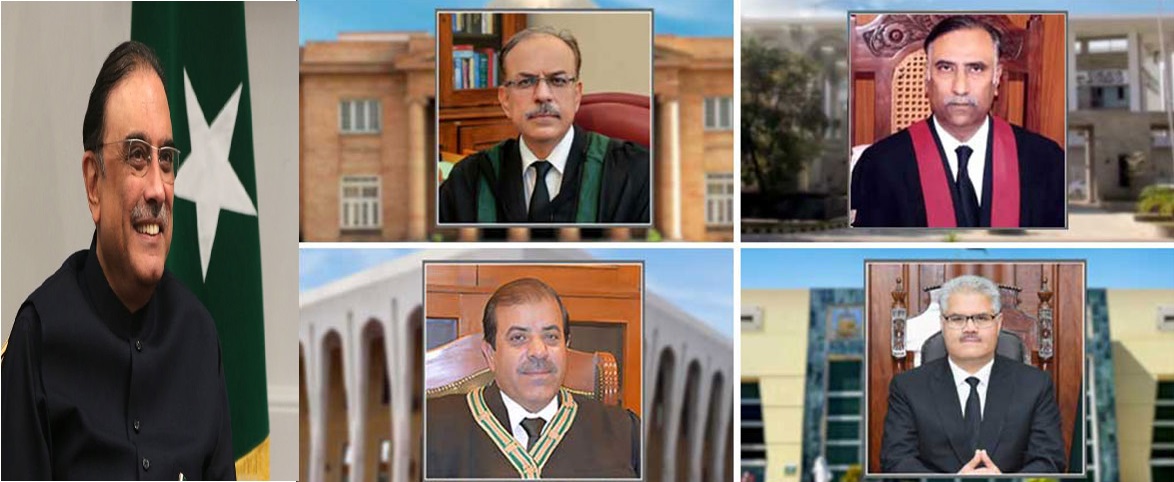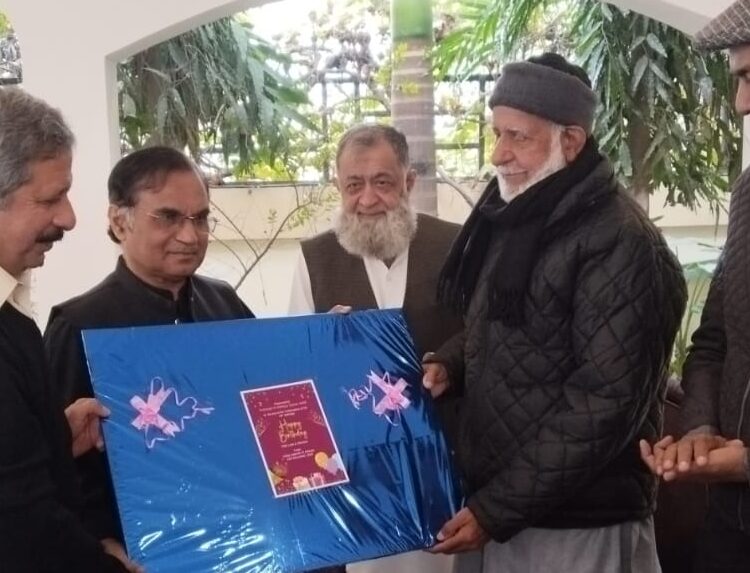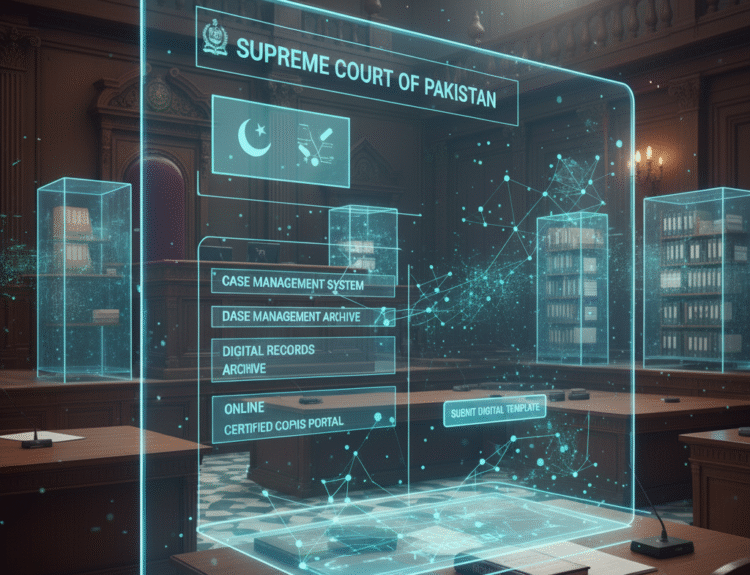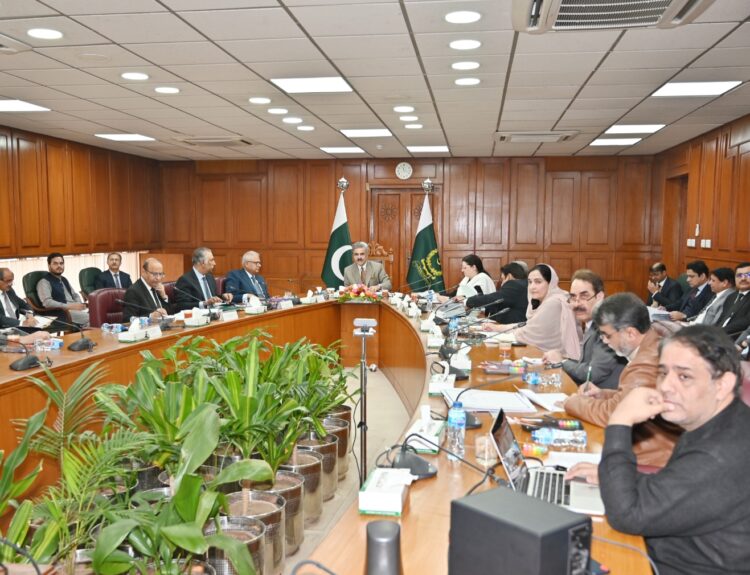Soon after President Asif Ali Zardari granted approval for the appointments of Chief Justices for Islamabad and three provincial High Courts on Monday, the federal Law Ministry issued notifications for the respective slots.
The Law Ministry has issued notification of appointment of Justice Sarfraz Dogar as the new Chief Justice of the Islamabad High Court (IHC). Besides, notifications of appointments of Justice SM Attique Shah as Chief Justice of the Peshawar High Court (PHC), Justice Rozi Khan as the Chief Justice of the Balochistan High Court (BHC) and Justice Junaid Ghaffar as the Chief Justice of the Sindh High Court (SHC) have also been issued.
It is pertinent to mention that during last week the Judicial Commission of Pakistan (JCP) has nominated the Chief Justices of the four high courts. The new Chief Justices will take oath of the office this week. President Zardari would administer the oath to Justice Sarfraz Dogar, while the Chief Justices of the other high courts would take the oath from the respective governors.
The JCP last week approved the appointment of permanent Chief Justices for four high courts. Justice Sarfraz Dogar name was approved as Chief Justice of the Islamabad High Court, Justice SM Attique Shah of the Peshawar High Court, Justice Rozi Khan as Chief Justice of the Balochistan High Court, and Justice Junaid Ghaffar as Chief Justice of the Sindh High Court.
Chief Justice of Pakistan Justice Yahya Afridi chaired the JCP meeting to consider appointments for permanent Chief Justices of the high courts of Sindh, Balochistan, Peshawar, and Islamabad. The names of the three most senior judges from each court were reviewed during the session.
The JCP is of 13 permanent members’ body. However, in case of High Court Chief Justice appointments, the number of commission members rises to 16, and a majority of at least nine members is required for the approval of a nomination.
Members of the JCP includes the Chief Justice of Pakistan, four judges of the Supreme Court, the Attorney General, two government representatives, and two opposition members. In addition, Ahsan Bhoon represented the Pakistan Bar in the commission, while Roshan Khursheed Bharucha, nominated by the Speaker of the National Assembly, also participated. For the appointment of provincial Chief Justices, the relevant Provincial Law Minister, a representative of the High Court Bar, and a former High Court judge were also present at the meeting.






